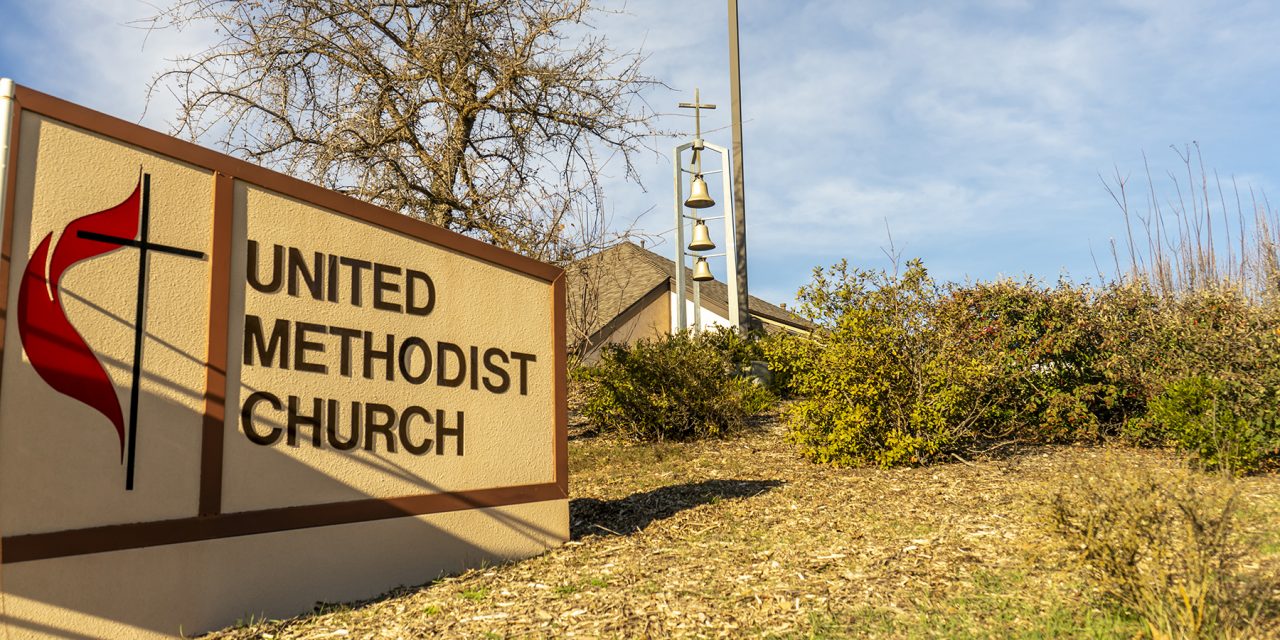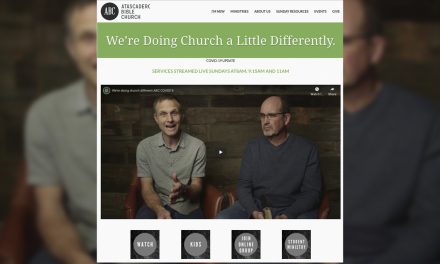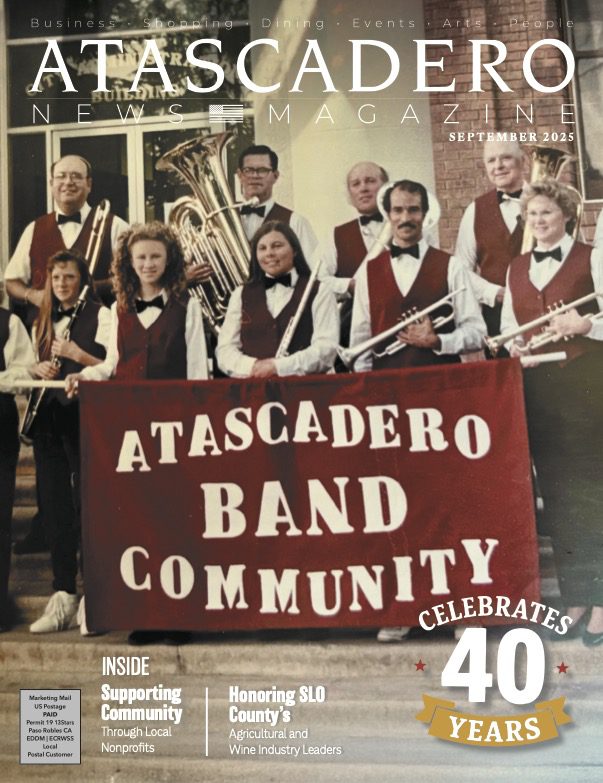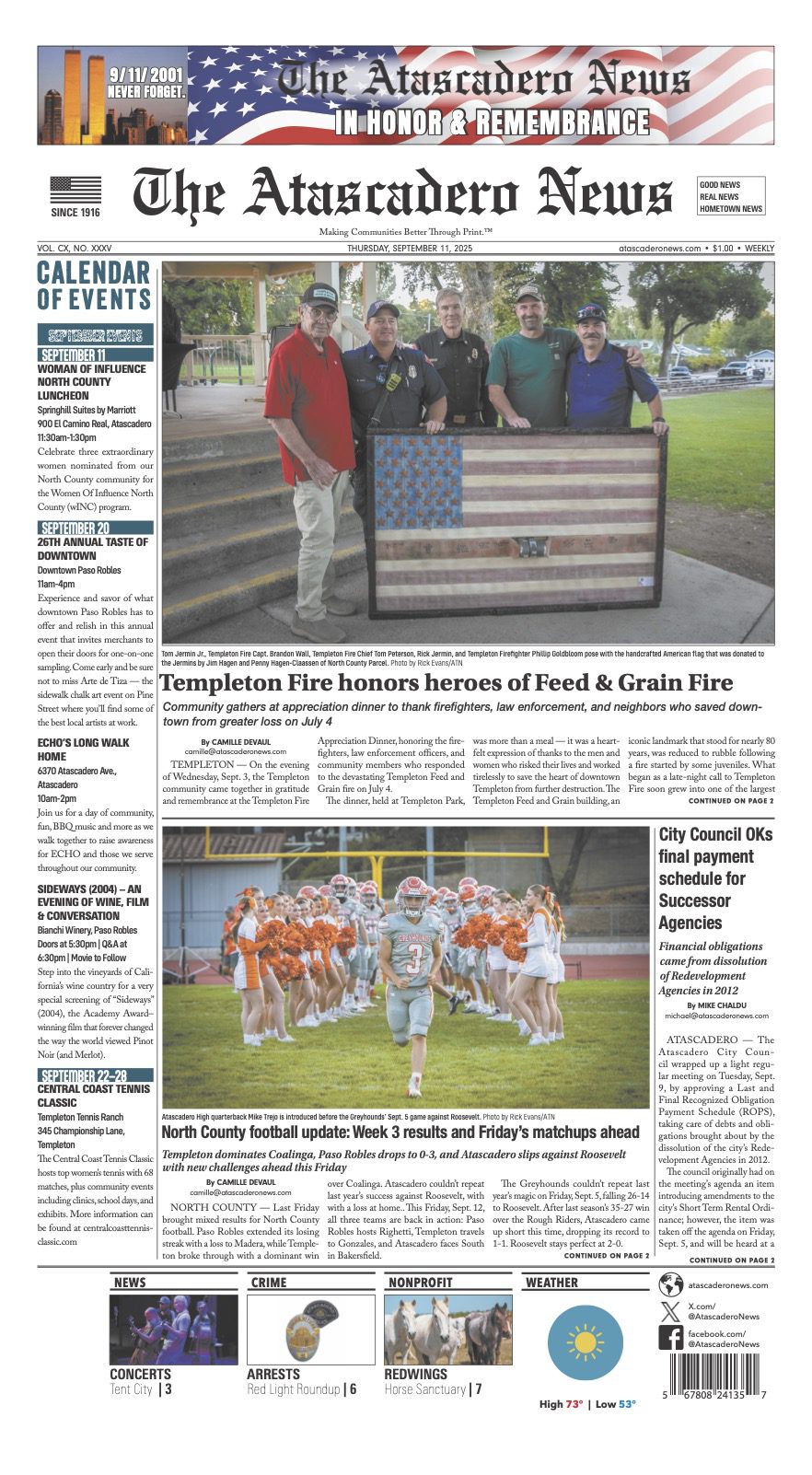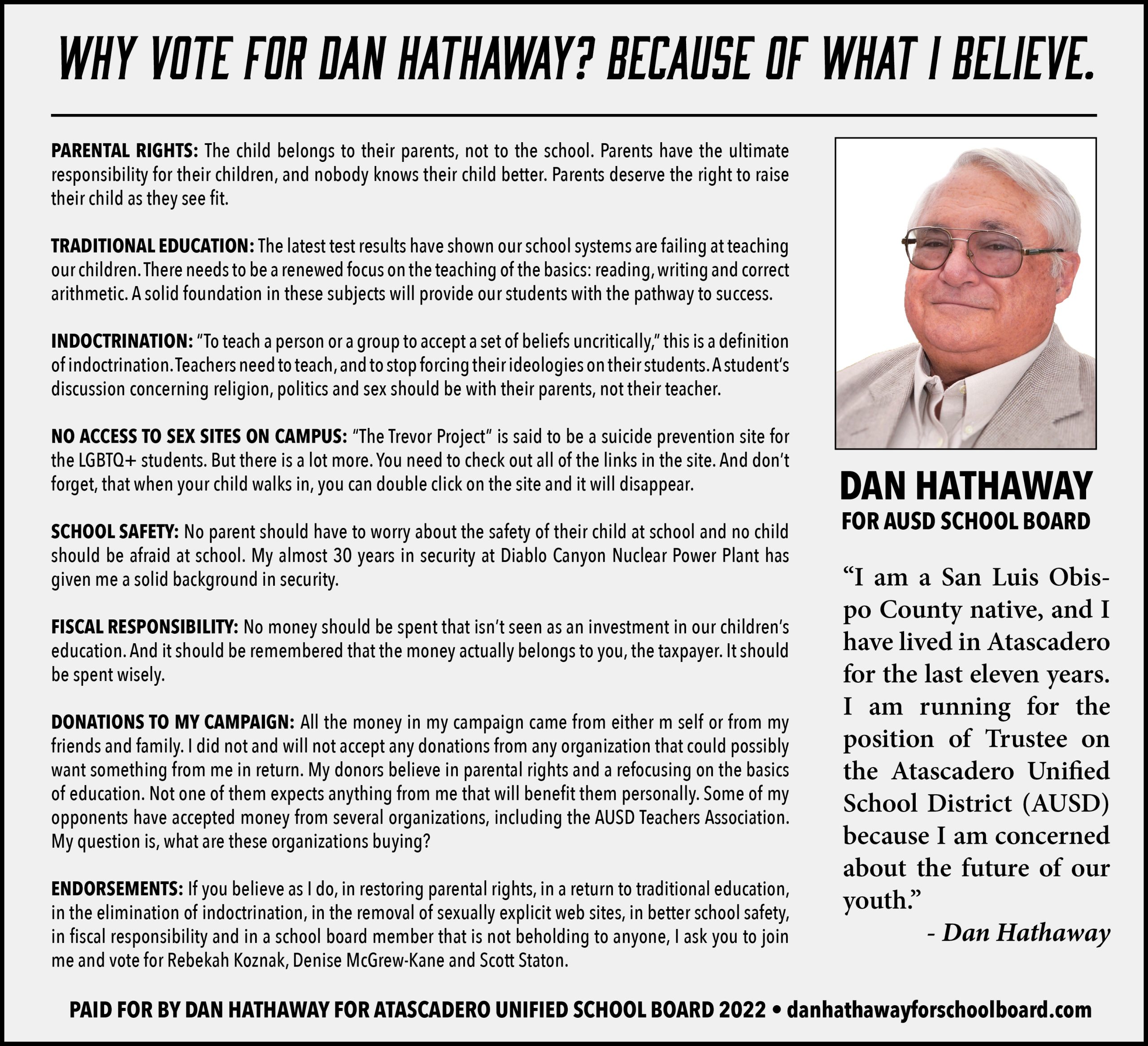Controversy divides national congregation — local church sides with inclusion
The United Methodist Church made headlines Jan. 3 when it announced a proposal to split into two denominations as a way to end the decades-long disagreements over same-sex marriage. In May 2020, policymakers from the United Methodist Church will be holding a conference to decide if the church will split into two factions, still unnamed — one supporting LGBTQ inclusion and the other taking a more traditional approach.
The local United Methodist Church shared a statement from Pastor Steve Poteete-Marshall on its Facebook page Jan. 3, saying that no matter what is decided at the conference in May, the local church will “remain on the side of inclusion.”
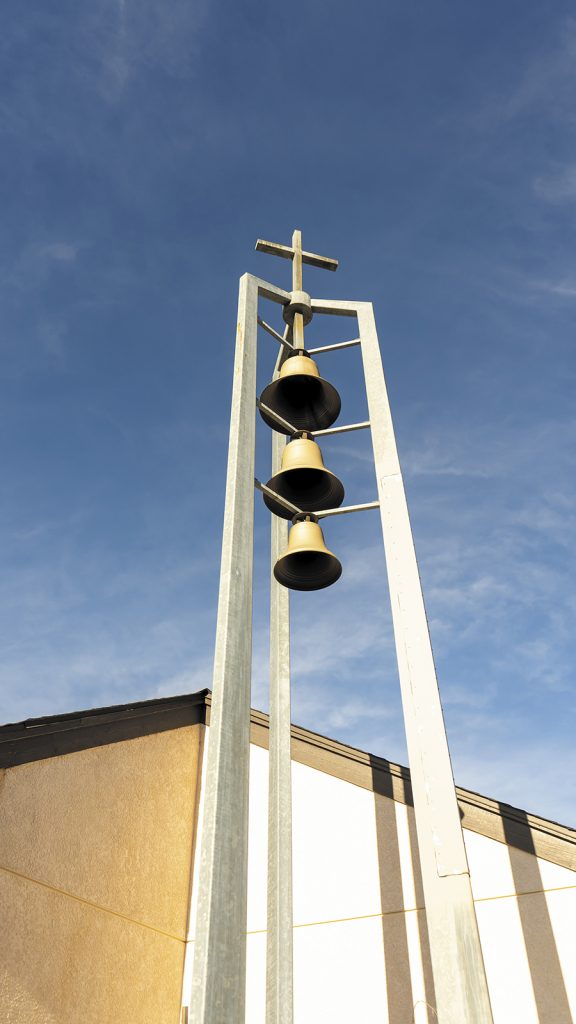
“Part of our hope is that we would move forward and not be so caught up in this fight that would destroy all the ministry work that we do, that changes lives,” Poteete-Marshall said.
The divide can be traced back to contradictory language in the Book of Discipline, a constitution outlining order, accountability, and overall law for the United Methodist Church. The Book of Discipline states, “We welcome all people,” while also stating, “Homosexuality is incompatible with Christian teaching,” a law that was added in more recent times.
The contradiction was addressed at a conference in February 2019 with hopes to solve the issue, but resulted in the Traditional Plan, a plan that would continue the LGBTQ ban, as well as penalize clergy who performed same-sex marriage ceremonies.
At the May 2020 conference, there are three proposals that the United Methodist Church is considering. The first proposal would be a historic schism, splitting the church into two like-minded denominations. The second option would be to remove the contradictory language from the Book of Discipline. Lastly, the third option would be to enforce the decision made in February 2019 to continue the ban and harshen the penalties. The proposal to split the denominations was brokered by Kenneth Feinberg, a high-profile mediation expert whose portfolio includes negotiating resolutions for victims of the 2010 BP Deepwater Horizon oil spill in the Gulf of Mexico.
Churches across the world are holding their breath for the decision but that does not mean efforts toward inclusiveness have not already been in action. Since the February 2019 conference, more churches have voted to reconcile their congregation, opening their church to the LGBTQ community. In addition, the Resist Harm Movement was created in response to the Traditional Plan, serving to build awareness while providing a space for solidarity and support for those discriminated against by the anti-LGBTQ sections in the Book of Discipline.
More and more churches are choosing the side of inclusiveness, even churches in the Philippines and Congos that are historically conservative.
“We won’t know exactly what’s going to happen until it’s going to happen,” Poteete-Marshall said. “We are praying and sending our best wishes to this process.”
The Atascadero United Methodist Church has been expanding its inclusive-efforts for many years as a response to community members seeking a progressive space to worship. Kathy Hansen, the administrative assistant, explained that their church held a vote to reconcile with the LGBTQ community about five years ago.
“That doesn’t mean that everybody agrees with everything here, but what it does mean is that we have a compassionate ear and we hope to work with folks… our love is unconditional,” Poteete-Marshall said.
The United Methodist Church is an international organization and is part of one of the largest religious denominations in the United States, Mainline Protestants. The United Methodist Church stands apart from other Christian-based theologies with their emphasis on social action, education, and healthcare, a standard set in place by their founder, John Wesley, in the mid-1700s. Wesley also coined the term “agree to disagree” in a memorial sermon for a fellow Methodist founder.
Poteete-Marshall explained, “He went to mines to help miners, he went to prisons to help prisoners, and he worked at orphanages to help the orphans. All those kinds of things have been a part of our DNA. It’s not just about our own spirituality, but about how our spirituality translates into the world.”
When asked what sets the United Methodist Church apart from other leading Christian-denominations, such as the Baptist Church and Episcopal Church, Pastor Steve says, “We want to distinguish ourselves as being a place where people can feel included.”
In addition to the Reconciliation Congregation that worships every Sunday, the Atascadero United Methodist Church is proud to offer The Mix, a children’s program focused on inclusive theology, and a weekly meeting specifically their for LGBTQ community.
“We are not perfect, but we are striving to be,” Poteete-Marshall said. “That’s why it’s called reconciling, not reconciled. It is an active process.”

